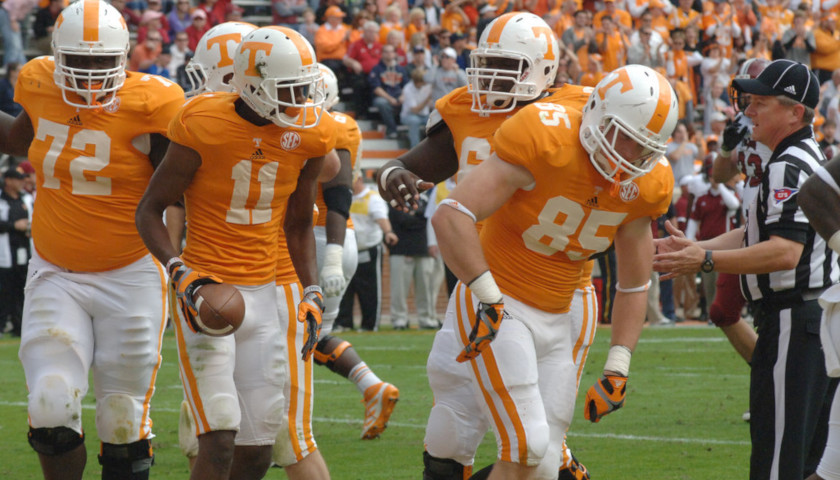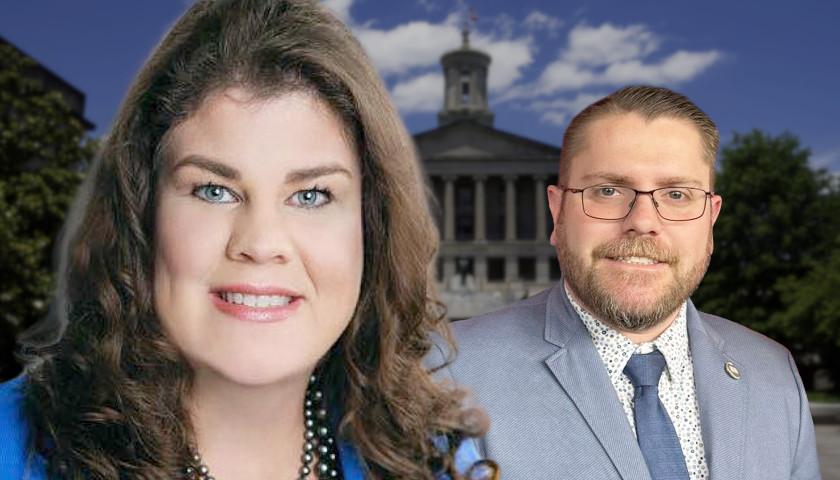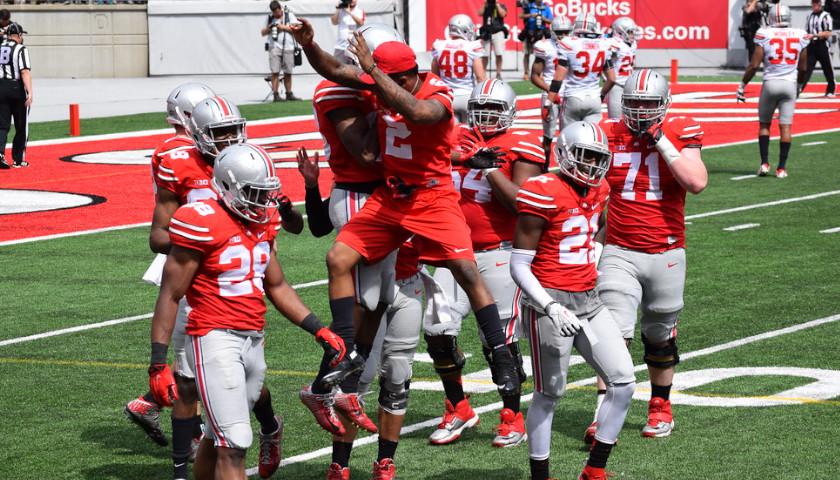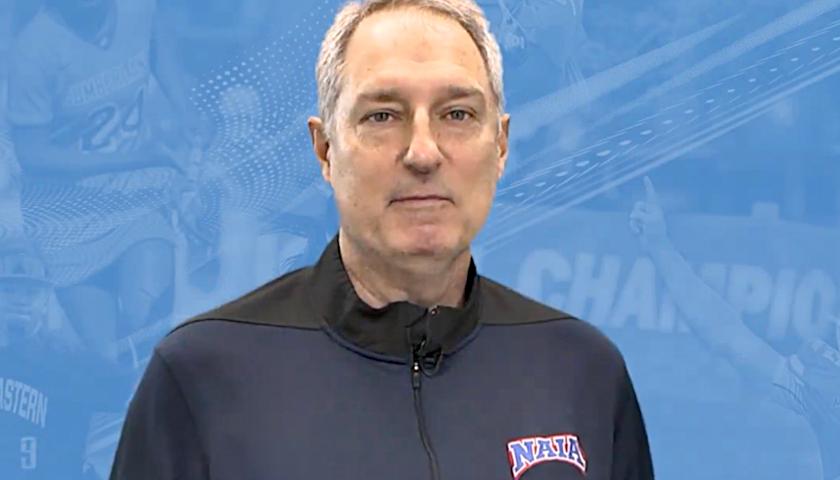Tennessee will allow its college athletes to be compensated for any use of their name, image, and likeness (NIL), beginning next January. Governor Bill Lee signed the bill into law on Tuesday.
Current NCAA rules don’t allow college athletes to receive NIL compensation from opportunities like sponsorships or endorsements. That’s because the NCAA requires college athletes to maintain “amateur athletic status.” In addition to prohibiting compensation based on NIL, college athletes are prohibited from receiving additional compensation for competition, training expense funds, or prize money from competing. The NCAA also doesn’t allow college athletes to be represented or marketed by agents or other professionals.
The Tennessee legislature decided to change that. State Representative Kevin Vaughan (R-Collierville) and State Senator Brian Kelsey (R-Germantown) sponsored the amended bill. Originally, the bill sought to require higher institutions to make their grievance procedures for support staff employees available online. At the end of last month, the House rewrote the bill entirely through an amendment, granting athletes the freedom to be compensated for usage of their NIL.
The bill specified that compensation must be equivalent to fair market value and sourced from a third party: not any college or university, or any entity that supports or benefits that institution or athletic program. It also clarified that the compensation couldn’t be used as an incentive for athletic performance or attendance at an institution.
The legislation also required any athletes that do earn NIL compensation must disclose those agreements and give annual reports to the institution. It prohibited institutions from using NIL compensation to alter an athlete’s financial aid or athletic eligibility.
Institutions maintain certain discretionary powers under the bill. They may restrict NIL activities that interfere with their team activities, operations, or use of facilities. It may also prohibit use of NIL if it conflicts with the institution’s values, infringes on the institution’s intellectual property, or conflicts with any existing agreements with the institution.
The legislation expressly prohibited any athlete’s NIL usage that promotes gambling, tobacco, alcohol, and adult entertainment. It also specified that college athletes may only be compensated for their NIL while they’re attending the institution, and that all institutions must host a financial literacy workshop for their athletes.
The Tennessee Star reached out to the NCAA for comment; they didn’t respond by press time.
The NCAA has stated that they oppose state-level legislation addressing NIL compensation. They asserted that federal legislation would provide a fairer, more uniform collegiate experience.
It is critical that college sports are regulated at the national level. This ensures the uniformity of rules and a level playing field for student-athletes. Some of these laws allow for nearly unregulated use of NIL by student-athletes, while other bills under consideration would erode the NCAA’s ability to maintain the collegiate model even further, undermining the NCAA’s model of amateur intercollegiate athletics and threatening to transform student-athletes into paid professional employees of their schools. The evolving legal and legislative landscape around these issues could not only undermine college sports as a part of higher education but also significantly limit the NCAA’s ability to meet the needs of college athletes moving forward.
The NCAA is taking steps to allow NIL compensation. Last April, the NCAA’s Board of Governors supported the change and encouraged its adoption throughout all levels of the NCAA.
Each division of the NCAA has different rules concerning NIL compensation. Currently, Division I athletes are prohibited from promoting or endorsing a commercial product or service, even if they’re not compensated for it. Division II and III athletes may be compensated – but only if it’s unrelated to athletics.
As reported by The Florida Capital Star, the Florida legislature passed a similar NIL bill earlier this month.
Other states that have passed NIL compensation bills are: Alabama, Arizona, Arkansas, California, Colorado, Georgia, Michigan, Mississippi, Montana, Nebraska, New Jersey, New Mexico, and South Carolina.
– – –
Corinne Murdock is a reporter at The Tennessee Star and the Star News Network. Follow her latest on Twitter, or email tips to [email protected].
Photo “Tennessee Football Players” by U.S. Army Corps of Engineers Nashville District. CC BY-SA 2.o.









What the legislature should have done is outlaw the NCAA. Why not make these guys share with team mates?
I hope a BUNCH of these kids make so much money, during college, that they NEVER go to the pros! LOL!
#BoycottNBA
#BoycottNFL
#BoycottMLB
Stupid move. How much financial benefit does a athletic scholarship provide? How about the special training table meals? Free medical help? Access to multimillion dollar training facilites and equipment? Tutoring? Special living accommodations? And on and on. Take all of that away and force the jocks and jockettes to pay for it out of their NIL profits. So much for college athletics. I love sports but I can certainly do without spoiled brats getting paid more than they already are.